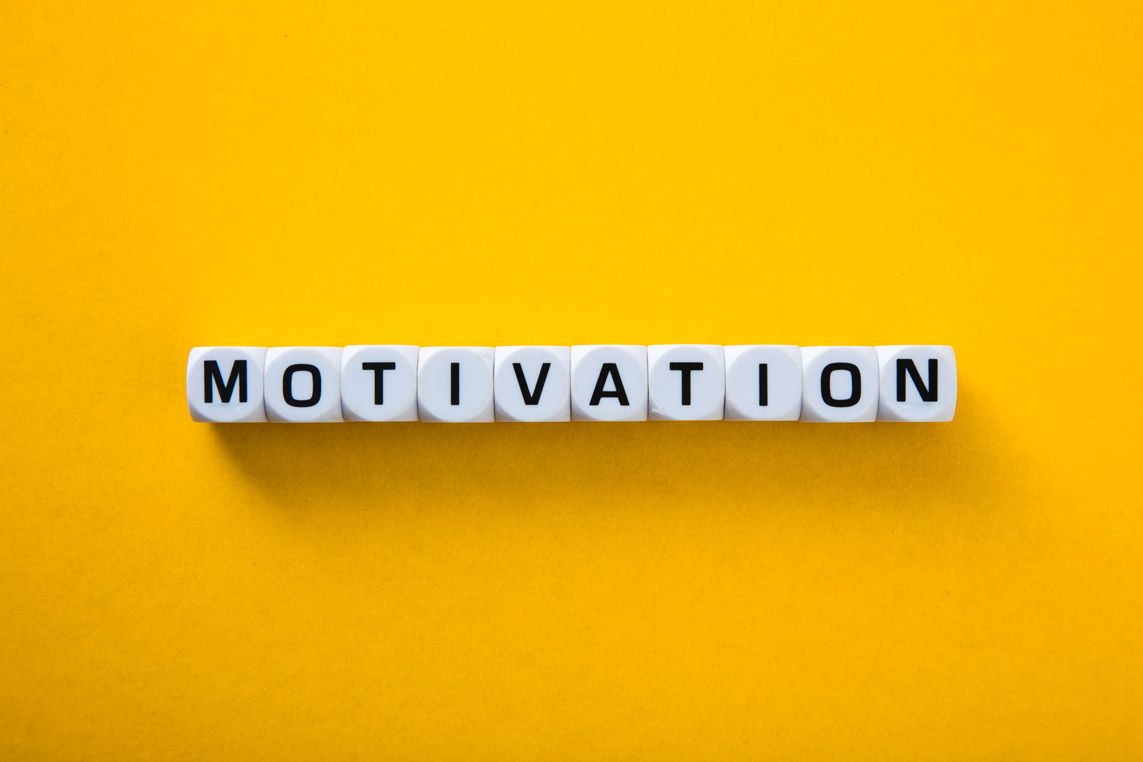Why We Do What We Do: The Subtle Science of Motivation
Jul 26
/
inLingo
Every day, we make hundreds of decisions — some big, most small. Go for a walk or stay on the couch? Open that language app or scroll social media? Speak up or stay silent?
Behind every choice, there’s often something (or someone) quietly influencing us. A reward, a fear, a kind word, a deadline, a glance. Motivation isn’t always loud — often, it’s invisible. And yet, it shapes everything.
Behind every choice, there’s often something (or someone) quietly influencing us. A reward, a fear, a kind word, a deadline, a glance. Motivation isn’t always loud — often, it’s invisible. And yet, it shapes everything.
Motivation: Not One-Size-Fits-All
You may have heard of the “carrot and stick” approach — the idea that people are either enticed by rewards or driven by fear of consequences. It’s simple… and maybe too simple.
In reality, motivation is more complex. Some people are motivated by praise, others by pressure. Some respond well to being persuaded or reasoned with; others need time, space, or encouragement. What wins over one person might completely demotivate another.
Interestingly, research shows that intrinsic motivation — doing something because it matters to you — is far more powerful than external pressure. Rewards and punishments might work short-term, but long-lasting motivation usually comes from within.
In reality, motivation is more complex. Some people are motivated by praise, others by pressure. Some respond well to being persuaded or reasoned with; others need time, space, or encouragement. What wins over one person might completely demotivate another.
Interestingly, research shows that intrinsic motivation — doing something because it matters to you — is far more powerful than external pressure. Rewards and punishments might work short-term, but long-lasting motivation usually comes from within.

Influence or Manipulation?
There’s a fine line between healthy influence and manipulation. When we try to coax someone into trying something new, we often think we’re helping. But it’s worth asking: Am I encouraging — or controlling? Words matter. Intentions matter more.
Phrases like:
“I can see where you're coming from.”
“It might be effective to try this...”
“Alternatively, what about this idea?”
…can open a conversation instead of closing it. They make space for dialogue rather than resistance.
Phrases like:
“I can see where you're coming from.”
“It might be effective to try this...”
“Alternatively, what about this idea?”
…can open a conversation instead of closing it. They make space for dialogue rather than resistance.
Fun fact: Even Animals Respond to Motivation Tactics
Did you know that the original "carrot and stick" image may come from donkey training? The idea: if you hang a carrot just out of reach, the donkey will walk forward to get it. If it stops, the stick encourages it to move again.
But modern animal behaviorists say this method isn't very effective. Donkeys — and humans — are more cooperative when they trust you, not when they’re tricked.
So maybe that’s the real secret: people don’t need louder voices or bigger sticks. They need to feel safe, seen, and supported. They need someone to believe they can — until they believe it too.
But modern animal behaviorists say this method isn't very effective. Donkeys — and humans — are more cooperative when they trust you, not when they’re tricked.
So maybe that’s the real secret: people don’t need louder voices or bigger sticks. They need to feel safe, seen, and supported. They need someone to believe they can — until they believe it too.
In the End, What Truly Moves Us?

What if motivation isn’t something we need to chase — but something we need to notice? Not the loud pressure of “should,” but the quiet pull of “this matters.” Not the stick behind us or the carrot ahead, but the moment we realize: I want this. I choose this.
Sometimes, the right words can entice us to look differently at ourselves. Sometimes, someone’s gentle effort to reason with us — not to change us, but to understand us — is what finally wins us over.
And maybe that’s the kind of motivation that lasts. Not because someone persuaded us. Not because we felt guilty. But because something inside aligned, and we moved forward with a feeling of peace — not pressure.
So the question becomes: What truly moves you? And when you try to motivate others — are you pushing, or are you offering light?
Sometimes, the right words can entice us to look differently at ourselves. Sometimes, someone’s gentle effort to reason with us — not to change us, but to understand us — is what finally wins us over.
And maybe that’s the kind of motivation that lasts. Not because someone persuaded us. Not because we felt guilty. But because something inside aligned, and we moved forward with a feeling of peace — not pressure.
So the question becomes: What truly moves you? And when you try to motivate others — are you pushing, or are you offering light?

We are a Ukrainian language school that offers a welcoming and engaging space for learners. Our platform features interactive lessons, practice exercises, cultural insights, and personalized materials designed to meet each student's needs.
FEATURED LINKS
Empty space, drag to resize
Terms and Conditions – Privacy Policy – Copyright © 2025
Write your awesome label here.

